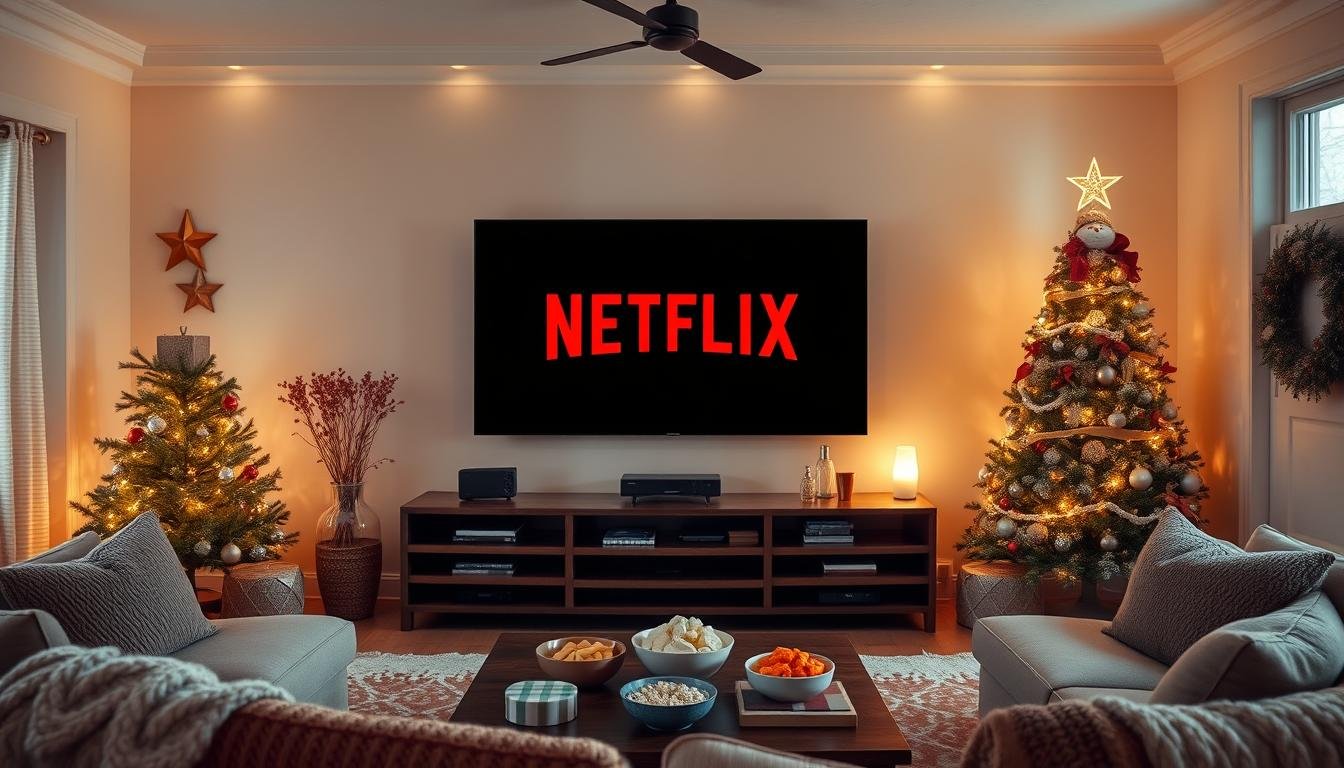Common Budgeting Mistakes and How to Avoid Them

Managing money can be hard, especially with budgeting. Many people make common mistakes that hurt their finances. These errors often come from not knowing how much they spend and not having clear financial goals.
Bad budgeting can lead to a lot of debt, not enough savings, and financial trouble. Knowing these mistakes and how to avoid them can help you manage your money better. This article will show you how to stay away from budgeting errors and keep your finances stable.
Key Takeaways
- Recognize prevalent budgeting errors that jeopardize financial stability.
- Learn strategies to prevent common budgeting mistakes.
- Understand the importance of realistic financial goals.
- Discover how to maintain a balanced budget and ensure consistent savings.
- Identify and rectify small daily expenses that accumulate over time.
Understanding Your Income vs. Expenses
Knowing your income and expenses is key to good budgeting. It's important to know how much you make and what you spend. This helps you manage your money better.
Tracking Income Sources
Keeping track of where your money comes from is very important. It helps you see how much money you have. You should track:
- Salary or wages from your main job
- Money from side jobs or freelance work
- Money from investments like dividends or interest
- Rent from properties you own
Using tools like spreadsheets or budgeting apps can make this easier. They help you avoid mistakes.
Identifying Variable and Fixed Expenses
It's important to know the difference between fixed and variable expenses. Fixed expenses don't change, like rent or bills. Variable expenses can change, like food or entertainment. Here's how to handle them:
- Create a budget: Set aside money for each expense.
- Track spending: Use apps or write it down to keep track.
- Analyze patterns: Look at your spending to find ways to save.
By managing these expenses well, you can keep your budget balanced. This helps you avoid common mistakes.
Setting Unrealistic Financial Goals
Setting big financial goals can help you succeed. But, goals that are too high can lead to big problems. These issues happen when goals don't match what you can really do with your money.
Getting financially healthy means setting goals you can reach. These goals should be based on how much money you make and spend.

Setting goals that are too high can make you feel bad and stressed. It's important to look closely at how much money you have coming in and going out. Goals that are too high can make you want to give up on your financial plans.
To plan your money well, set goals that you can really do. Here are some tips:
- Make big goals into smaller, easier ones.
- Check and change your goals often based on how you're doing.
- Don't compare yourself to others. Focus on your own situation.
By following these tips, you can avoid mistakes and reach your financial goals. Remember, smart and reachable goals are like a map. They help you stay on track to a secure financial future.
Neglecting Emergency Savings
Not saving for emergencies is a big mistake in money management. It's key to have a safety net. This way, unexpected costs won't ruin your financial plans.
Importance of an Emergency Fund
An emergency fund is vital for keeping your money safe. It helps cover sudden bills like medical costs or car fixes. This way, you won't have to use expensive credit cards.
"The best way to gain financial security is through an emergency fund that covers at least three to six months of living expenses." — Dave Ramsey
How to Build an Emergency Fund
Building an emergency fund takes time, but it's crucial for your financial health. Here are some easy steps to start and grow your savings:
- Start Small: Begin with saving a little each month. Even $20 helps a lot over time.
- Automate Savings: Make automatic transfers from your checking to savings. This keeps you consistent.
- Set Realistic Goals: First, aim to save $500. Then, work towards saving enough for three to six months of living costs.
- Reduce Expenses: Find and cut down on things you don't need. Put the saved money into your emergency fund.
By following these steps, you'll make your money safer. This reduces stress from unexpected money problems and helps you avoid common budgeting mistakes.
Overlooking Small Daily Expenses
It’s easy to miss how small daily costs can hurt your money. Many people don’t see how tiny daily spending adds up. This can cause big problems with your budget.

A daily coffee or snack might seem small. But these costs add up over time. A few dollars here and there can cause big financial stress. By watching your daily spending, you can manage your money better and avoid budgeting mistakes.
Look at this table to see how small daily costs can add up:
| Item | Daily Cost | Annual Cost |
|---|---|---|
| Morning Coffee | $5 | $1,825 |
| Lunch Out | $12 | $4,380 |
| Snacks | $3 | $1,095 |
Tracking these costs makes you more aware of your spending. This helps with better financial planning. Making small changes in your daily spending can prevent budgeting mistakes and secure a stable financial future.
Small steps like making coffee at home or packing lunch can save money. Being mindful of your spending can change how you budget.
Relying Too Much on Credit
Many people today use too much credit. This can lead to a big debt problem. It's important to know the good and bad sides of credit to stay financially healthy.
Understanding Credit and Its Risks
Credit can make life easier, but it has hidden costs. High interest rates can make debt grow fast. This can lead to spending too much and getting stuck in debt.
Knowing these risks helps you make better money choices. It keeps you away from common money mistakes.
Strategies to Minimize Credit Dependency
To use less credit, you need a plan. Start by paying off debts together. This can lower your interest rates.
Use debit cards instead of credit cards to avoid debt. Spend only what you can afford and set smart money goals. These steps help you reduce debt and secure a better financial future.






Just thinking about you gives me chills… come closer – https://rb.gy/es66fc?scarry
I’d love to get to know you! Write me here
Message me there! —> https://rb.gy/44z0k7?scarry
I’d love to get to know you! Write me here
Message me there! —> https://rb.gy/44z0k7?scarry
Элегантность и стиль в каждой детали.
Дизайнерская мебель премиум-класса [url=https://byfurniture.by/]Дизайнерская мебель премиум-класса[/url] .
Ihfuwhdjiwdjwijdiwfhewguhejiw fwdiwjiwjfiwhf fjwsjfwefeigiefjie fwifjeifiegjiejijfehf https://uuueiweudwhfuejiiwhdgwuiwjwfjhewugfwyefhqwifgyewgfyuehgfuwfuhew.com
Идеальные источники бесперебойного питания для дома, в нашем руководстве.
Обзор источников бесперебойного питания, читайте.
Преимущества использования ИБП, узнайте.
Топ-5 ИБП для защиты техники, в специализированной статье.
Как выбрать идеальный источник бесперебойного питания, разберитесь.
Покупка ИБП: на что обратить внимание, узнайте.
Обзор актуальных источников бесперебойного питания, в нашем гиде.
Технические аспекты ИБП, разберитесь.
Советы по использованию ИБП, читайте.
Что нового в мире ИБП, в этой статье.
Правила подключения источника бесперебойного питания, в нашем гиде.
Идеальные источники бесперебойного питания для бизнеса, читайте.
Как выбрать оптимальный ИБП, здесь.
Все о различных типах источников бесперебойного питания, в гиде.
Пошаговая инструкция по установке ИБП, на сайте.
Что выбрать: ИБП или альтернативу?, ознакомьтесь.
Как продлить срок службы ИБП, в нашем гиде.
Рейтинг лучших ИБП для геймеров, в статье.
Топ-10 источников бесперебойного питания на рынке, в гиде.
источники бесперебойного питания купить [url=https://istochniki-bespereboynogo-pitaniya.ru#источники-бесперебойного-питания-купить]https://istochniki-bespereboynogo-pitaniya.ru[/url] .
Эффективные методы продвижения, которые стоит попробовать.
GSA ссылки [url=kwork.ru/links/41629912/seo-pushka-dlya-sayta-mnogourovnevaya-piramida-ssylok-pod-klyuch]kwork.ru/links/41629912/seo-pushka-dlya-sayta-mnogourovnevaya-piramida-ssylok-pod-klyuch[/url] .
С нами ваш праздник станет ярче, не упустите возможность.
Воздушные шары в Нижнем Новгороде [url=http://shariki-shop47.ru/]http://shariki-shop47.ru/[/url] .
visit our site for more info [url=https://www.care-people-help.org]visit our site for more info[/url] .
Букеты из хризантем с бесплатной доставкой по Москве — это отличное решение для всех, кто хочет порадовать близких. Хризантемы известны своей красотой и разнообразием. Хризантемы идеально подходят для создания стильных букетов.
[url=https://hrizantemymsk.ru/]Букеты из хризантем с бесплатной доставкой по Москве[/url]
Вы можете выбрать из различных видов букетов, и каждый из них станет настоящим произведением искусства. Каждый букет оформляется с особой тщательностью. Мы понимаем, как важен момент дарения.
Делая предзаказ, вы можете указать удобное время для доставки. Ваш букет достигнет адресата ровно в назначенное время. Наши курьеры заботятся о том, чтобы цветы прибыли в идеальном состоянии.
С хризантемами вы делаете каждый момент особенным и незабываемым. Подарите своим близким возможность насладиться ароматом и красотой хризантем. Свяжитесь с нами, и мы с удовольствием поможем вам выбрать лучший букет.
Планируете заказать цветы без хлопот?
[url=http://yopolis.ru/publikacii/5701-pionovidnye-rozy-ot-azalianow-idealnyy-vybor-dlya-izyskannyh-buketov.html]заказать цветы РІ РјРѕСЃРєРІРµ СЃ доставкой недорого[/url] – отличная статья на эту тему.
Это отличный выбор удобства.
В статье вы найдете о том, почему этот сервис выбирают тысячи клиентов.
Доставка осуществляется по Москве и области, а каждая деталь продумана до мелочей.
Выбирайте сервис, которому доверяют!
Как работать с контроллерами Siemens, пошаговое руководство.
Тонкости программирования контроллеров Siemens, секреты.
Преимущества TIA Portal в программировании контроллеров Siemens, для улучшения навыков.
Как избежать ошибок в программировании контроллеров Siemens, возможные подводные камни.
Проектирование автоматизации с контроллерами Siemens, для достижения успеха.
Модели контроллеров Siemens и их особенности, параметры.
Лучшие языки программирования для контроллеров Siemens, для оптимизации.
Лучшие решения автоматизации с контроллерами Siemens, для производства.
Современные тенденции в программировании контроллеров Siemens, что ожидает.
Создание интерфейсов для управления с помощью Siemens, основные шаги.
Настройка контроллера сименс [url=https://programmirovanie-kontroller.ru/#Настройка-контроллера-сименс]https://programmirovanie-kontroller.ru/[/url] .